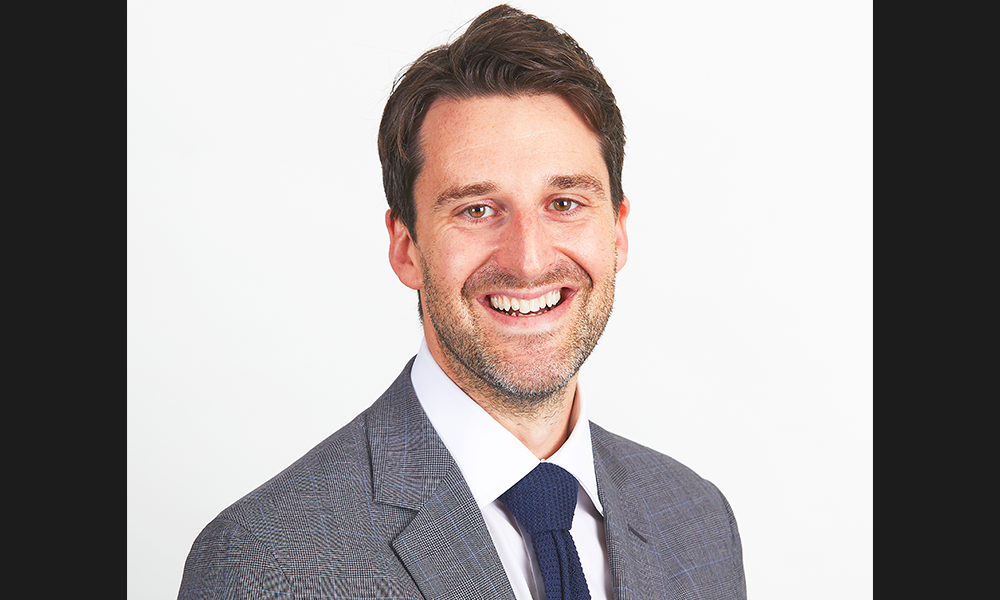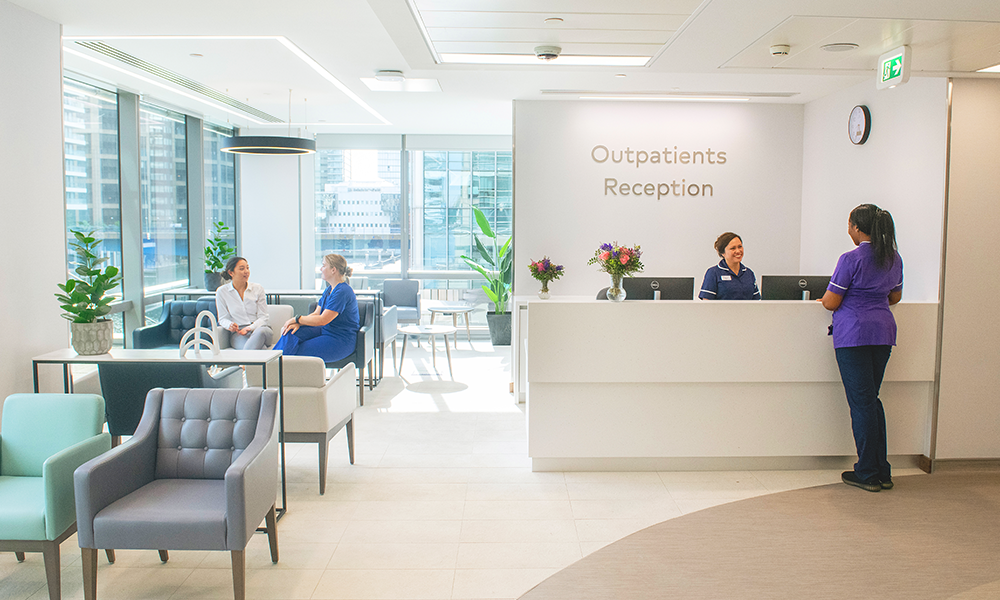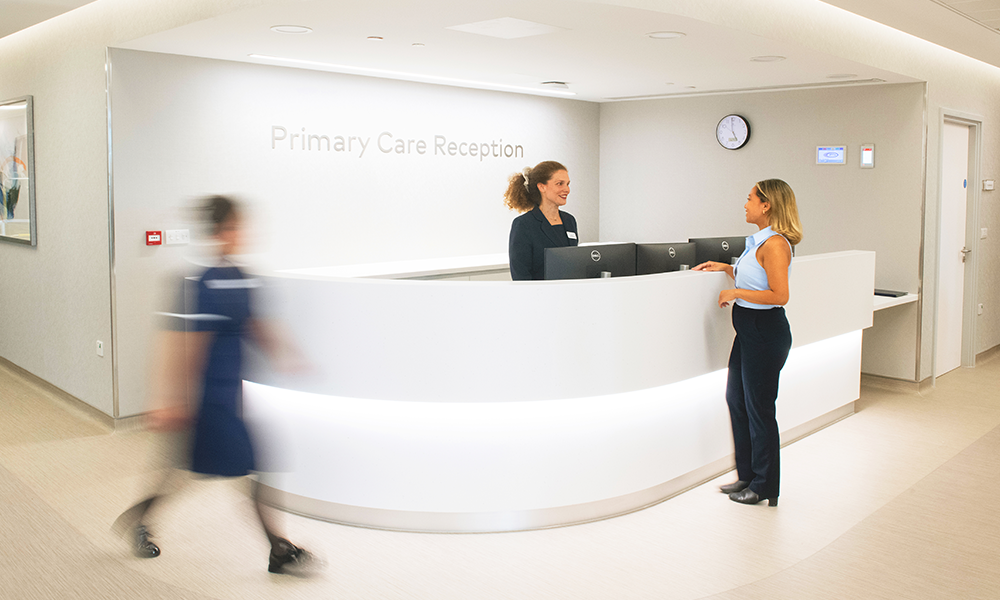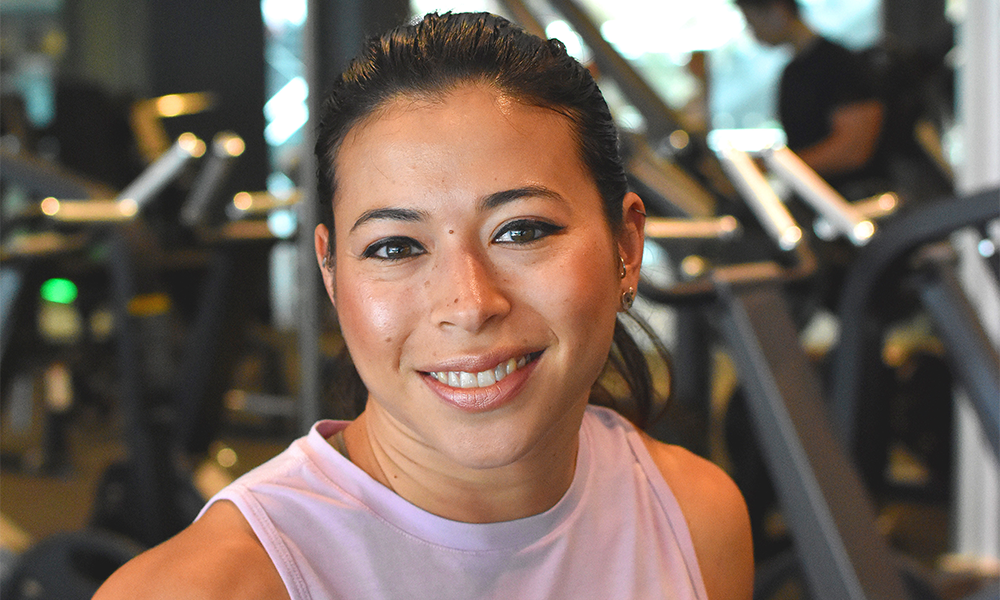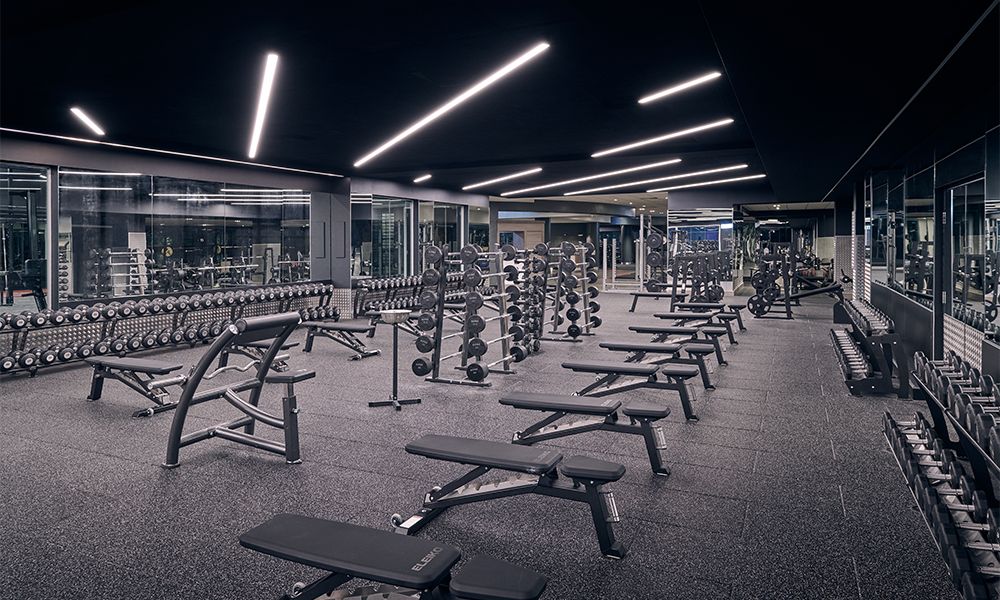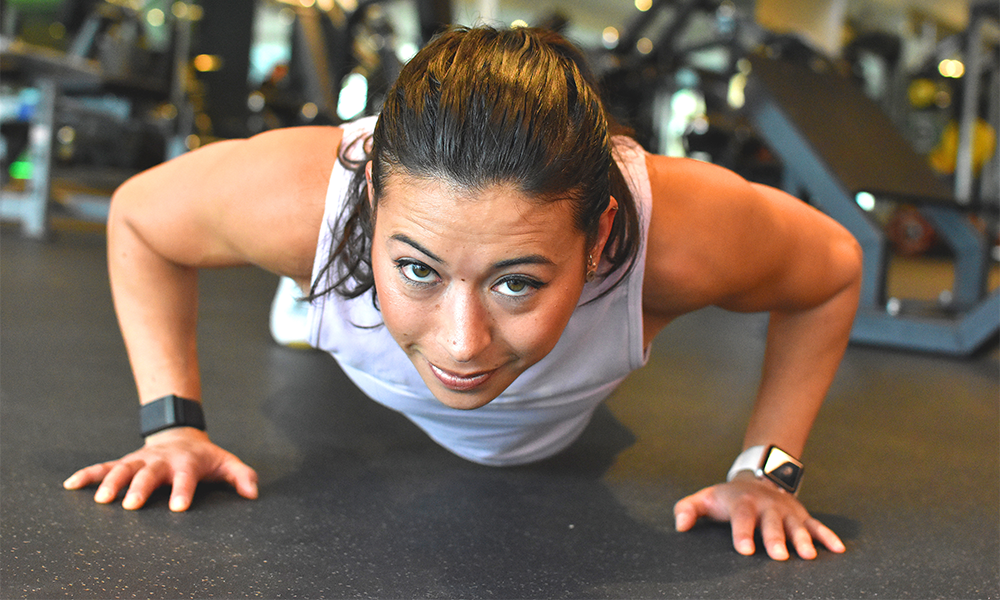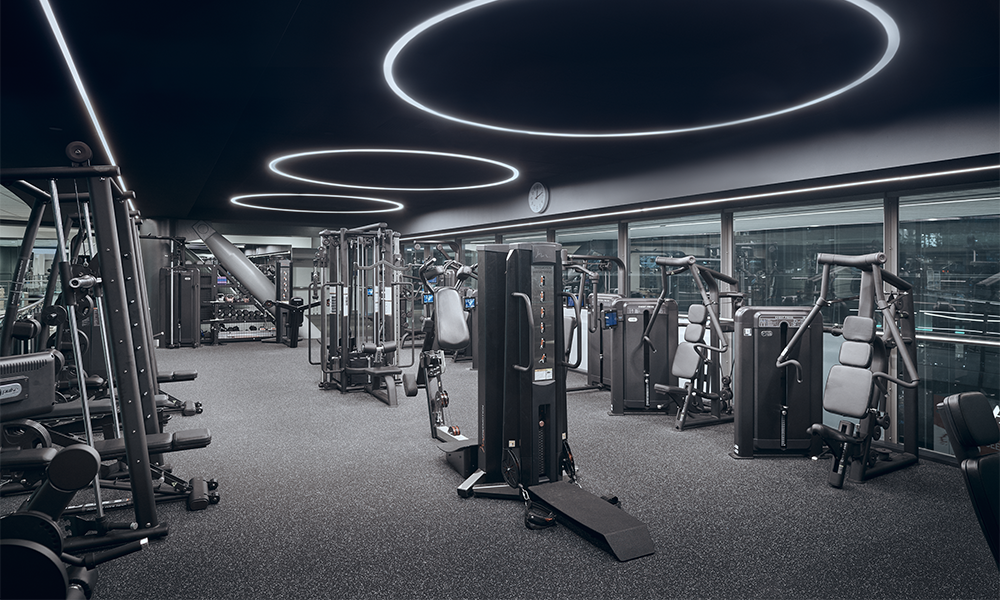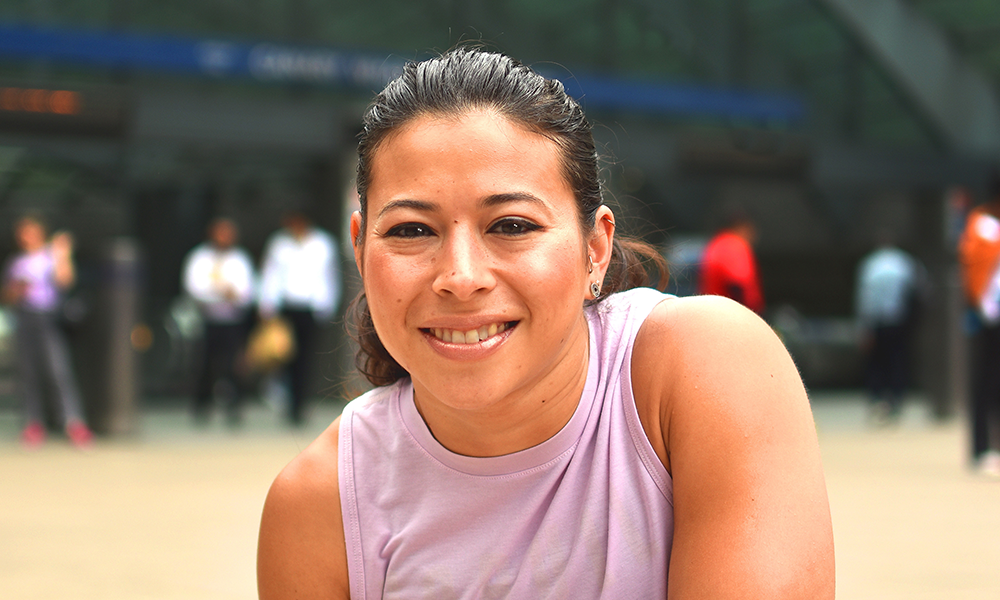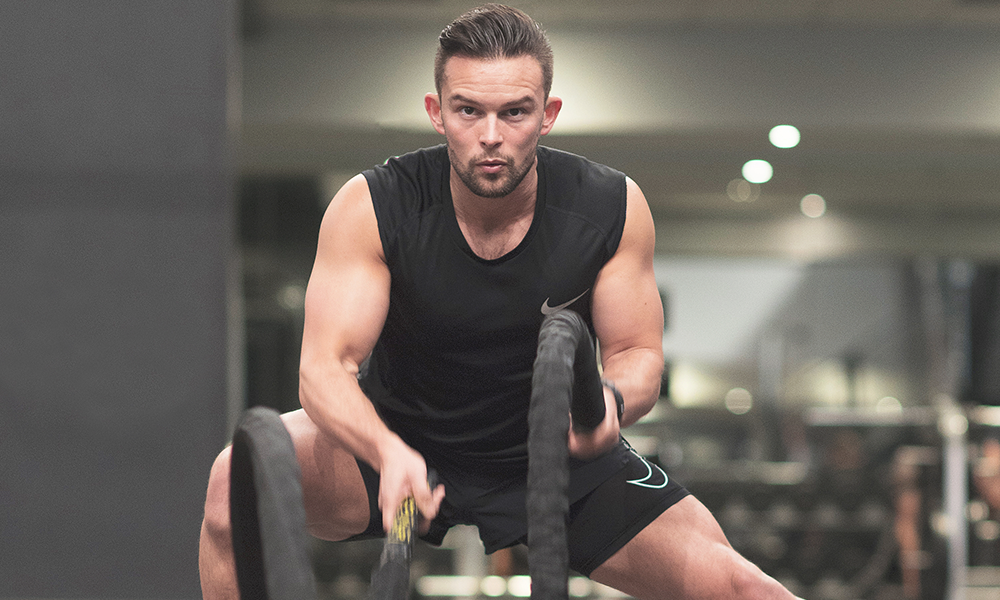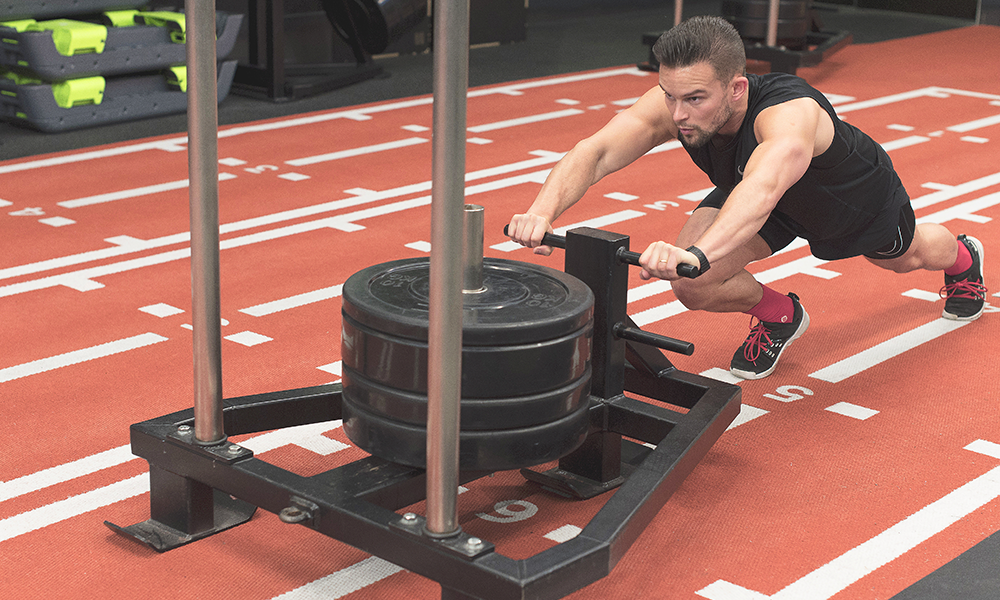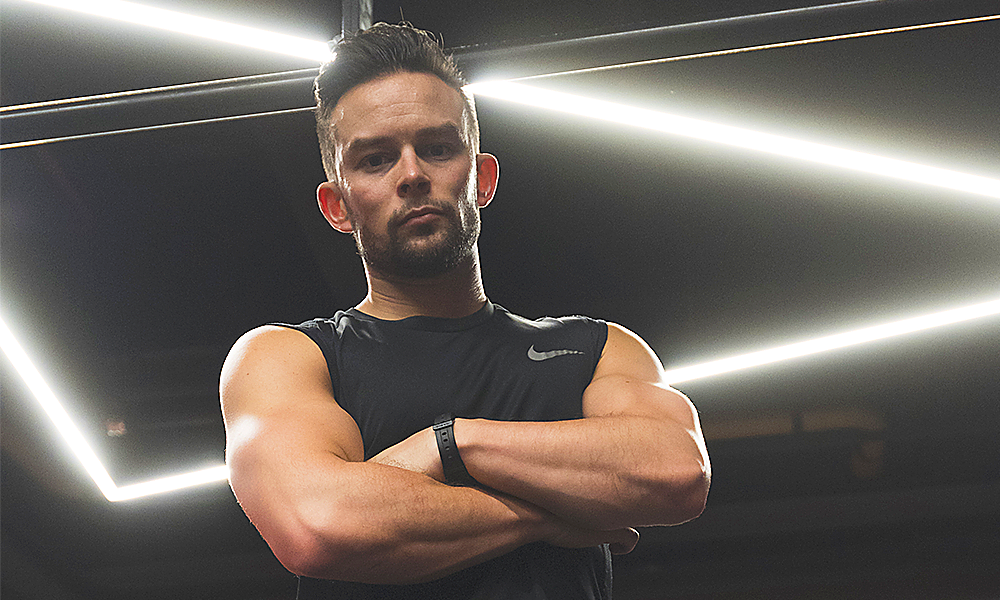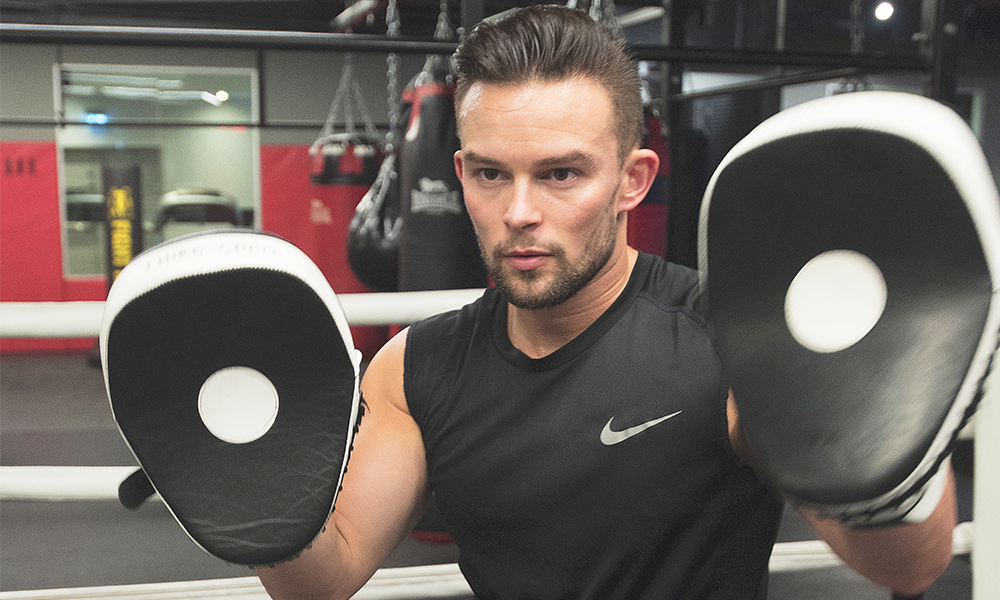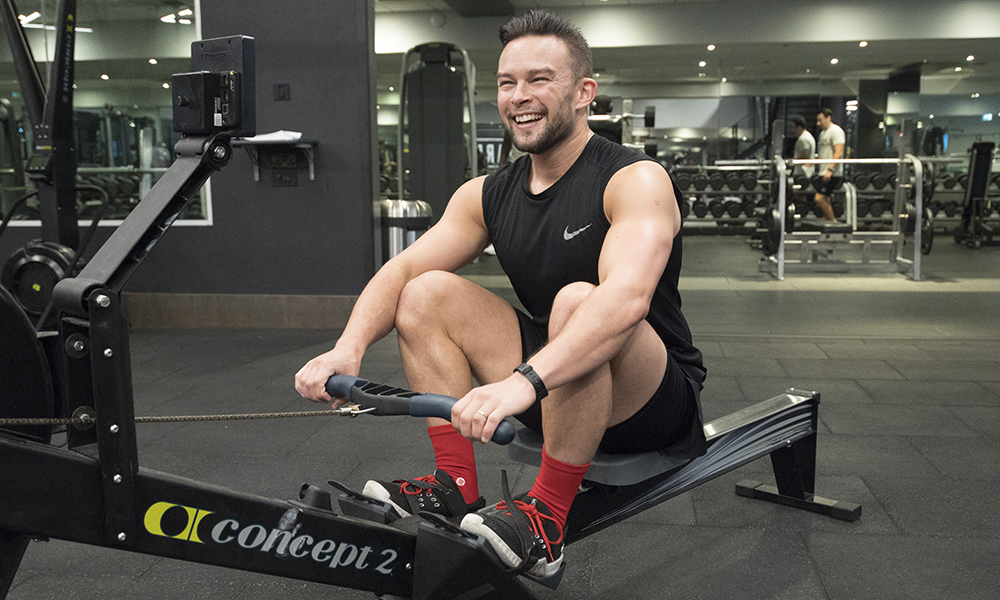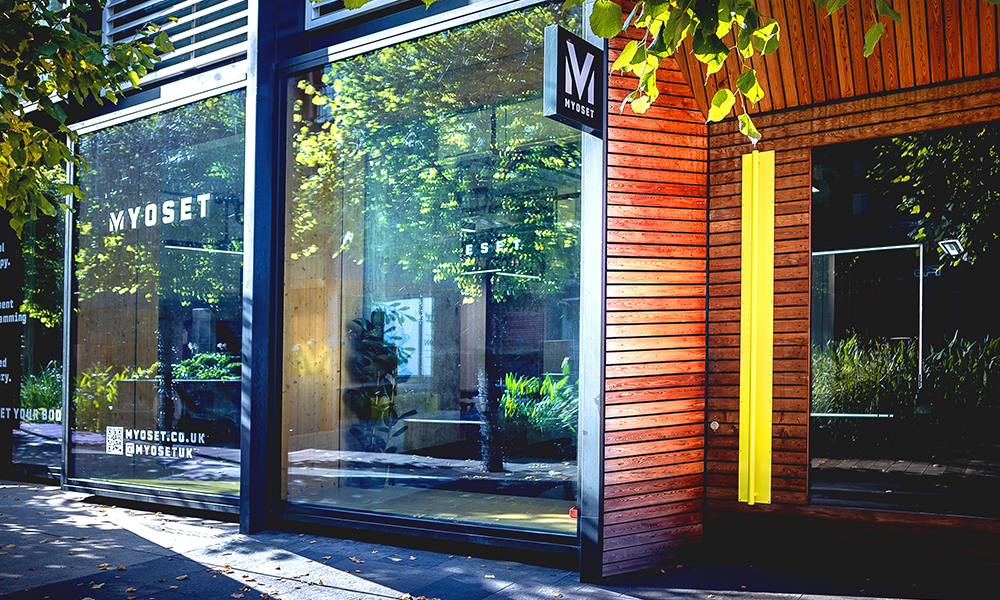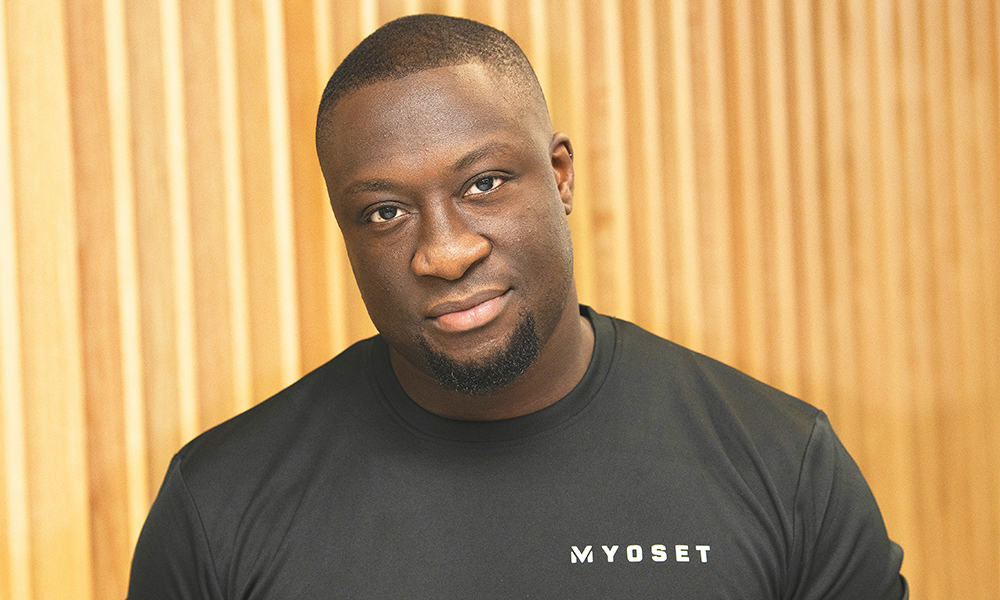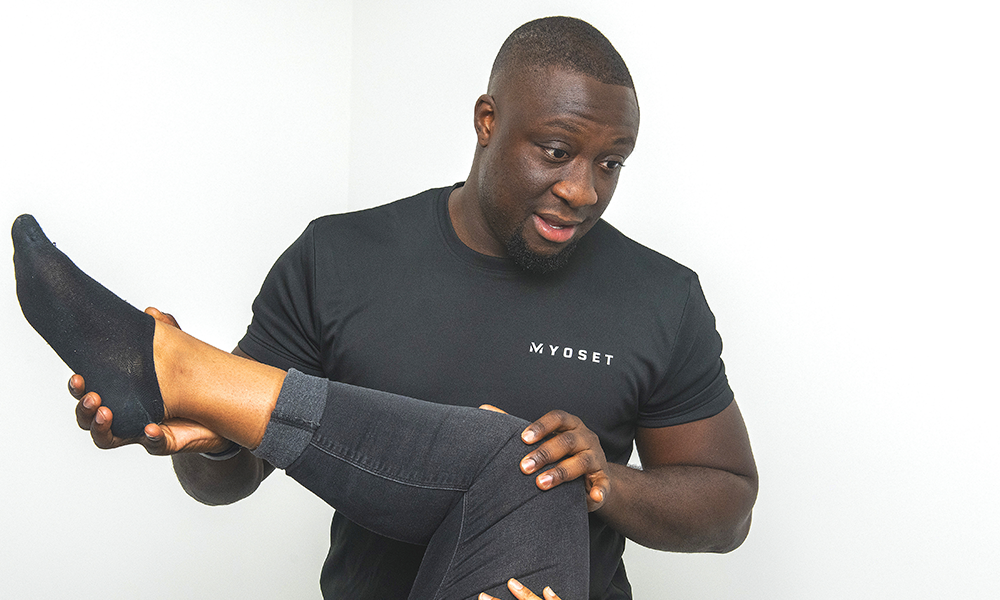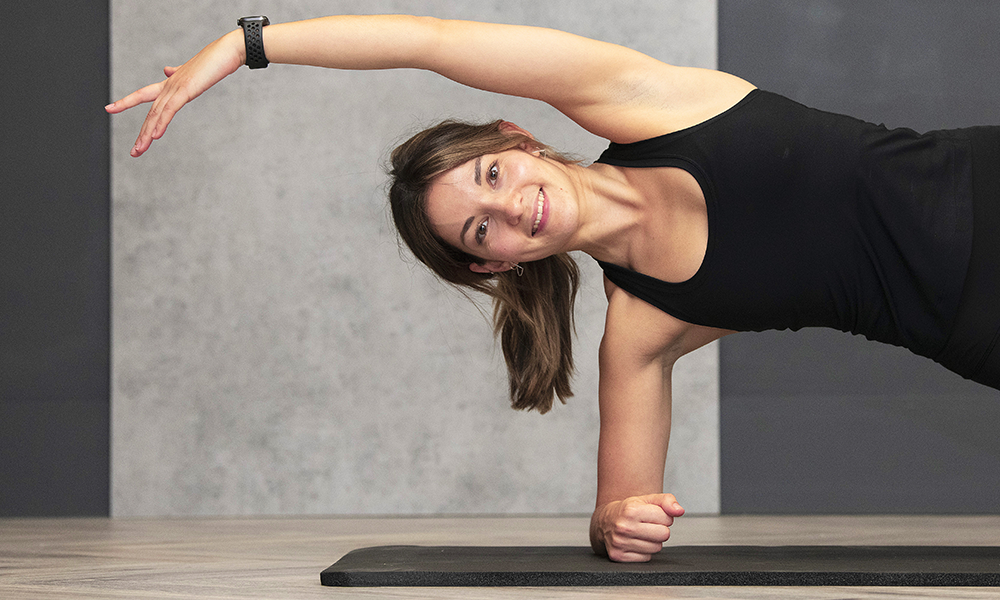How the University Of Sunderland In London’s Health And Social Care and Nursing departments offer qualifications focused on employment

Subscribe to our free Wharf Whispers newsletter here
“We are very passionate about making sure our students are appropriately qualified and experienced when they go out into the market,” said Dr Banhishikha Ghosh of the University Of Sunderland In London (UOSiL).
“We have academics here who have real-world experience of the nursing and care sectors so they can equip students with both theoretical knowledge and practical know-how.”
Banhishikha has a number of roles at the university, based on the Isle Of Dogs at Harbour Exchange.
She’s both academic champion for employability and enterprise and people, culture and environment lead for REF research in addition to her position as lecturer in health and social sciences.
This trio of jobs – located at the intersection between employment, research and academic study – means she’s well placed to showcase the institution’s offerings to individuals thinking of studying in its social care and nursing departments.
As well as a two-year foundation degree in Health And Social Care, the university offers one-year BSc top-up courses in Health And Social Care and Nursing Practice as well as postgrad courses in Public Health, Nursing Practice and Adult Nursing, the latter leading to eligibility to register with the Nursing and Midwifery Council on successful completion.
a ‘fantastic employability team’
“Health And Social Care and Nursing are two departments that work together,” said Banhishikha.
“A student, for example, might start with the former and then move on to nursing.
“Many move on from our BSc programmes to postgraduate study.
“We are a young and vibrant campus with a mix of students from all over the world and Britain.
“Many already have degrees, with some qualified as doctors, nurses and pharmacists who come to us to get a UK qualification so they can work in this country.
“One of the reasons individuals should consider studying with us is that we have a fantastic employability team, which connects students with local organisations.
“We are looking at a very dynamic employment market, now including AI, so we hold events and workshops as well as an Employability Week once a year where we bring in people working in various industries to help inform students about what skills they need.
“We also feed the students information about internships so they can go out be a part of the healthcare industry.
“Some launch careers before they finish their degrees and I see them engaged in placements and volunteering.
“That means by the time they graduate they have enough experience to apply for jobs and it feels really lovely when you see them take up their first roles.
“We rely a lot on our alumni and our network as academics to help support our students and link them up with different opportunities and organisations.
“From the first day onwards, we let students know what they have to do to build that experience.
“We advise them to get internships before they come, so they can help us work out what would be the best direction for them.
“We have three pathways we encourage our students to follow.
“The first is the managerial pathway, which trains them to understand how leadership works.
“Then there is the mental health pathway for support workers in that sector.
“Finally, there’s the research pathway, which includes data gathering, report writing and primary and secondary analysis.”

working together with industry
Collaboration with outside organisations is key to the UOSiL’s offering.
The university works with many partners including near neighbour Verve Homecare and its sister company Revolution AI – both based at Harbour Exchange but primarily providing services in people’s residences.
“I’ve recently transitioned to the health tech side of the business,” said Leyla Hyda, head of innovation at Revolution AI.
“My mum has been a carer for more than 25 years and refuses to retire, so I learned a lot about the sector and healthcare in general from her.
“I started off in recruitment, placing nurses in NHS hospitals, but I realised there was so much more I could give.
“I then went to work as an internal auditor, analysing care workers and their checks, working my way up to management level where I was responsible for the complex needs of children and adults and the wellbeing of the staff looking after them.
“I absolutely loved it – I learnt so much more about the sector, even though at first it felt scary being thrown in the deep end.
“Now I have the opportunity to work in innovation and improve things for the benefit of some of the most vulnerable in our society – that’s my passion.
“Having met with the university, I found they needed placements for students and that I could facilitate that.
“I knew it would be a great opportunity for them to see what working in the sector is like.
“People forget that care is not just about hospitals and nursing homes – there’s also homecare where, in a nutshell, we provide staff to look after a person in the comfort of their home.
“There’s a lot to consider, but our number one priority is always making sure that person is safe.”
The aim of the collaboration is to offer students practical experience and valuable insights into jobs available in the sector.
Leyla said: “We give those coming on placements a complete induction so they understand the ins and outs of care and our company.
“If a student has an interest in complex care, for example, we put them in training sessions at no cost to them so that they can get that exposure to it and see if they want to follow that path.
“Someone interested in mental health might get similar training.
“Then students have an opportunity to sit with the operations team, dealing with rosters and recruitment and pre-employment checks.
“Depending on the student, they can go on visits with a care team in a shadowing role.
“Those not having that experience will be with us in the office, seeing everything that happens behind the scenes, and assist with that.
“That’s equally important because both operations work in conjunction with each other.”

the key role of research
The university is also working with Verve and Revolution AI on a research project aimed at improving training for care workers and helping providers retain staff more effectively.
In a first for the London campus, the university has been awarded £211,000 of funding from Innovate UK for a project that aims to “generate vital insight into the lived experiences of frontline care workers, to enhance quality care, support workforce wellbeing, and embed equity into social care training and delivery”.
Banhishikha said: “It’s a project that is close to our hearts.
“When I first joined the university, we had lectures and workshops, and we gave students the opportunity to talk about the placements and their experience of working in the organisation.
“In these very small but very rich focus groups, the feelings that came out were that students were not equipped enough to take care of patients and they would like it if they had better training.
“When I met Leyla, I realised she had so much experience in the industry.
“Sometimes carers come and go in the industry – there’s a revolving door – and the reason could be that they do not have enough training.
“At the moment education is for carers, but not necessarily ‘by them’ or ‘with them’.
“The idea is that, in partnership with Verve and Revolution AI, we seek to enrich the training frameworks that are already there by tapping into the experience of care workers – especially those of women from migrant populations who are the backbone of the UK care system.
“We capture data from them that can be fed into the system to create robust training, which equips them better at work.
“We also want to work with others – we’d love to be connected with other organisations who are interested in this area and have information they want to share with us.”
Leyla added: “For us, person-centred care is an essential part of what we do. It’s about the holistic way we deliver services – the people not the bed numbers.
“Training in the sector can be reading slides on powerpoint presentations and tick-box exercises. It’s very easy to pass and could be improved.
“With this project, we are really excited to set the bar high – we want to stop that revolving door.
“Our goal is to equip our care staff with the right tools they need to give them the confidence to go out into the field and deliver the holistic care people deserve.”
key details: Health And Social Care and Nursing courses
The University Of Sunderland In London offers a range of courses in Health And Social Care and Nursing in its Isle Of Dogs campus at Harbour Exchange.
Full details of these can be found on its website here.
Read more: Why a degree in hospitality and tourism can boost your career





